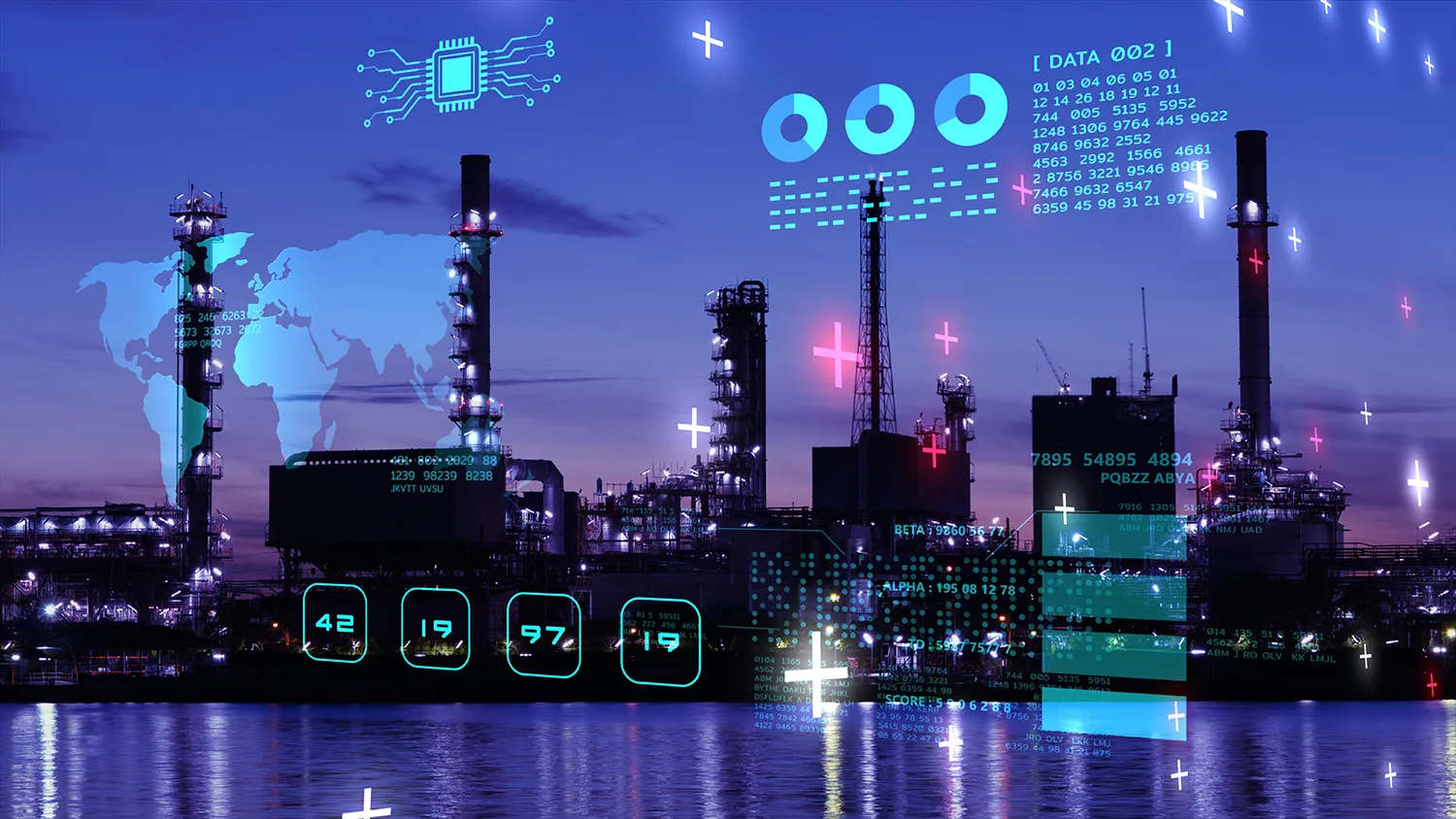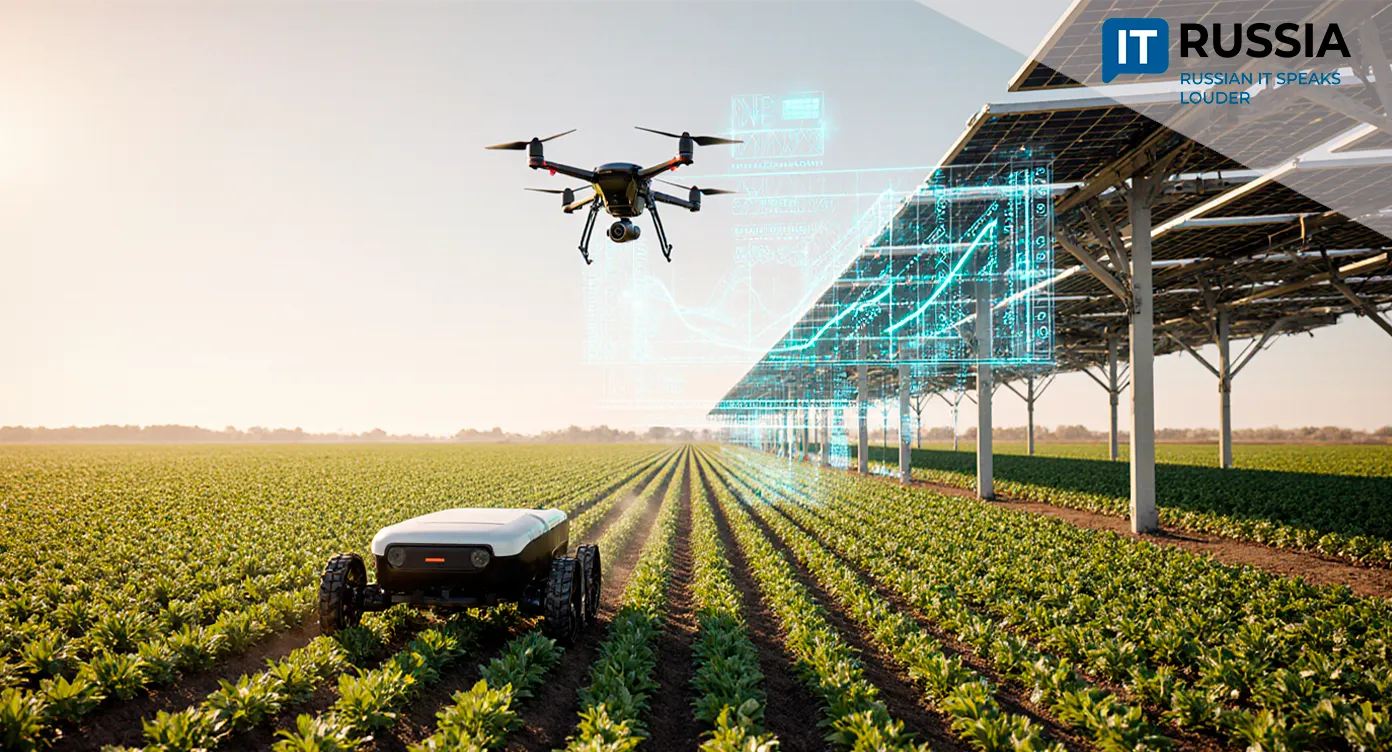Digital Shift in Russia’s Energy Sector: AI Takes Root in Core Processes

Russia’s fuel and energy complex is undergoing a sweeping technological revolution, with artificial intelligence already deployed in more than 300 projects across key industrial sectors.
Timelines, Plans, and Goals
Russia’s Energy Strategy to 2050 sets a clear framework for this transformation. By then, national energy consumption is expected to rise by more than 40%, with traditional sources coexisting alongside growing shares of nuclear and renewable generation.
Artificial intelligence is both a driver and a catalyst of this shift. By 2027, 70% of companies in the fuel and energy sector are expected to use AI, reflecting the extraordinary pace of adoption.
In the oil, gas, and coal sectors, AI is indispensable for predictive analytics and equipment maintenance. Machine learning algorithms analyze data from pumps, drilling rigs, and pipelines, predicting failures before they occur. This enables a shift from scheduled to condition-based maintenance, preventing multimillion-dollar losses from downtime and environmental accidents.

Optimizing extraction at mature fields is also impossible without AI models processing geological and hydrodynamic data. These models identify optimal drilling sites, operating modes, and enhanced recovery methods with high precision, extending field life and improving profitability.
Another unique AI capability is the creation of digital twins. Virtual copies of entire production sites or refineries allow real-time modeling of scenarios, optimizing energy consumption, and minimizing emissions, directly supporting decarbonization goals.
All Roads Lead to AI
Russia began applying AI in dispatch operations in 2023. The System Operator used AI-based forecasting for solar and wind generation, powered by neural networks trained on extensive hydrometeorological datasets.

In 2023, Rosseti and MTS signed an agreement to detect commercial losses in Siberia’s power grid. The EnergyTool platform, leveraging Big Data and AI, identified meters transmitting false readings and pinpointed specific grid segments where electricity theft occurred.
Another notable case—Digital Audit with Neural Networks—was piloted in 2023 by Unipro at the Shaturskaya power plant. Neural networks were used to monitor scrap metal movement and oversee building façade repairs at the station.
Adoption rates have surged: in 2022, only 26% of companies in the sector used AI. That figure rose to 41% in 2023 and reached 58% by the end of 2024.
International Context
Russia’s efforts align with global trends. China and the United States actively apply AI for grid management and predictive maintenance, while the EU’s Horizon Europe program funds energy digitalization projects.

But Russia’s experience—shaped by harsh climate conditions and the world’s largest resource deposits—provides unique value. Participation in APEC forums underscores international interest and opens opportunities to export Russian AI solutions and expertise to Asia-Pacific markets.
Challenging but Achievable
The Ministry of Energy’s plans are ambitious yet realistic. By 2027, AI is expected to be integrated into all core processes of the energy sector. In the following decade, focus will shift to managing nuclear assets and complex renewable infrastructure.
By 2050, a fully digital, autonomous, and highly efficient fuel and energy complex will become reality, not just an aspiration. Successful Russian projects will secure a place in the global high-tech market, contributing to economic growth, global energy security, and sustainable development. For Russia’s IT community, this means unprecedented demand for cutting-edge solutions.










































